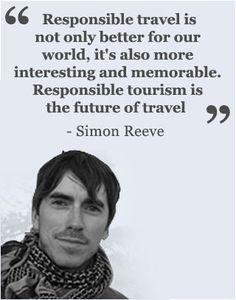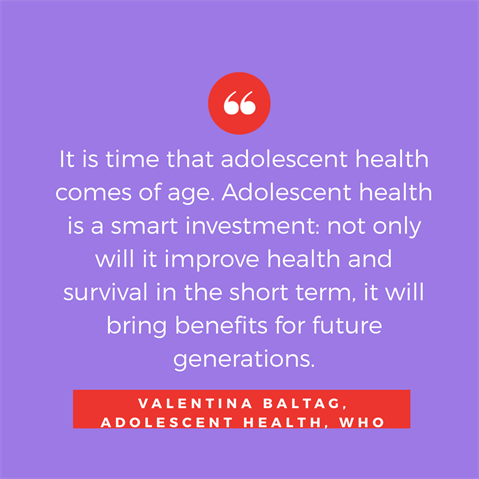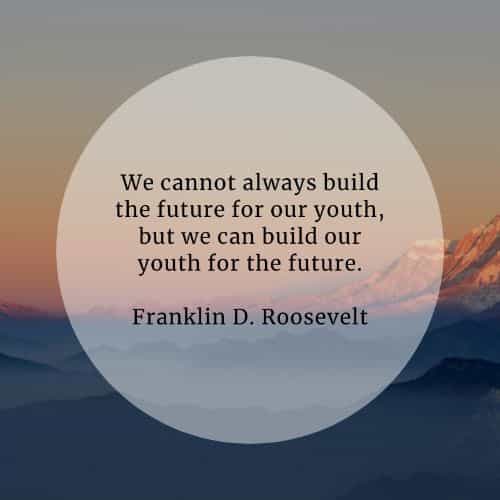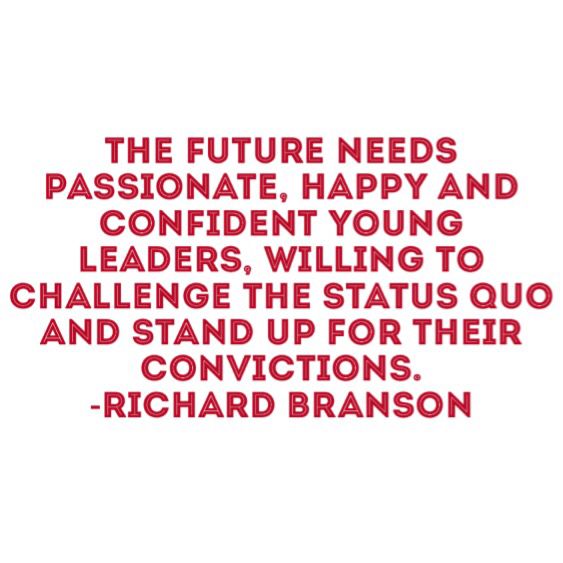What is GRASSROOTS? GRASSROOTS empowers youth to develop and adapt their projects, initiatives, and businesses in ways that holistically support the health of people, animals, and the planet.



GRASSROOTS EcoHealth means recognising how the health of people, communities, animals, and nature are all connected—especially through youth-led entrepreneurship in tourism, sport, food, events, culture and heritage, street art, and digitalisation. It’s about working across different areas like the environment, health, and culture to create fair, sustainable solutions that help both people and the planet thrive.
For example, when young eco-entrepreneurs in GRASSROOTS develop projects like clean, locally sourced street food events, eco-friendly health-based tourism, or creative campaigns to reduce environmental impact on culture and heritage sites. GRASSROOTS is a youth initiative where they are putting EcoHealth into action in their entrepreneurial initiatives.
It’s not just about environmental impact —it’s about promoting wellbeing for those involved in the business, the customers, supporting healthy communities, and protecting natural places.
GRASSROOTS supports this by encouraging collaboration between young people, mentors, support organisations and policy makers to help young people build eco-health businesses that strengthen both environmental health and community wellbeing.
The foundation of every state is the education of its youth.
Diogenes
This is a good practice guide that will identify innovative practices in youth initiatives in the field of eco-health tourism. Learners and educators will gain access to interactive learning resources, eco-tourism sector initiatives, case studies, and inspiring existing best practices.
The Educational Pedagogical Guide is designed specifically for youth and eco-health tourism initiatives. It includes an innovative pedagogical framework so that GRASSROOTS initiatives and target audiences can design successful tourism experiences in fields of cultural heritage, urban arts, food and more. It is fundamentally designed as a how-to-mentor guide for tourism experts who wish to educate youth and require this resource as an educational delivery support.
The Entrepreneurial Training Course in Eco-Tourism for youth workers will provide an immerse training on how to start, develop and operate a sustainable eco-tourism project or business. Recipients will learn from other entrepreneurs in a peer-to-peer community approach how to create a sustainable business model, find and attract their target groups, finance their GRASSROOTS idea, and enable them to go from idea to creation and generate ultimate impact.
The Online Interactive Toolkit will present cutting-edge step-by-step advice on how young people can create an eco-tourism initiative or business by presenting other young eco-health tourism entrepreneurs in an interactive way. Recipients will understand cross-cutting entrepreneurial topics such as communication, technical assessments, human and economic elements…and more.

The power of youth is the common wealth for the entire world. The faces of young people are the faces of our past, our present and our future. No segment in the society can match the power, idealism, enthusiasm, and courage of the young people.
Kailash Satyarthi

Eco-health is closely aligned with the priorities of today’s youth. It is underpinned by sustainability and how the quality of their natural environments is positively influenced by nature, culture, tourism, and protection and integrated to the benefit of their local community.
Climate change and COVID have recently catapulted the need for young entrepreneurs to get involved in eco-health tourism to combat millennium challenges by intersecting green practices with themes linked close to their hearts, e.g., sport, street culture, street food, street art and digitalisation.


EcoHealth is defined as an interdisciplinary approach that explores the interdependence between the health of humans, wildlife, and ecosystems, aiming to find sustainable solutions through transdisciplinary research and practice.
The broad conceptualisation underlying Ecohealth is that the health of humans, wildlife, and ecosystems is inherently interdependent. Described in the opening editorial of EcoHealth as ‘those exploring the perspectives, theories, and methodologies emerging at the interface between ecological and health sciences’ [22], this is a diverse, even heterogeneous, community. An important connecting element, however, is a commitment to transdisciplinarity, combining research and practice in contributing to equitable solutions in the context of a quest for sustainability [22,23,26••,27,28]. Ecohealth research addresses a wide range of issues, and where the focus is on infectious diseases, there is considerable overlap with the One Health approach (discussed below).
However, a large body of Ecohealth research is concerned with non-communicable diseases and health issues, including pollution relating to mining and agrochemicals, diet and nutrition [27], the relation of wellbeing to place, and so on.
https://www.sciencedirect.com/topics/social-sciences/ecohealth
EcoHealth means looking at how the health of people, animals, and nature are all connected.
It brings together different ideas and experts to find smart, sustainable ways to keep everything healthy—us, wildlife, and the planet.
It brings together people from different fields to work on fair and sustainable solutions. While it sometimes overlaps with the One Health approach (especially around diseases), EcoHealth also looks at other issues like pollution, diet, and how our surroundings affect our wellbeing.
GRASSROOTS’s primary audiences are youth workers, youth, and NEETs. Youth workers will gain access to informal training and development resources for youth initiatives in eco-tourism. NEETs and other young people who have the potential to use eco-health tourism to develop their creative projects, initiatives, and businesses.
GRASSROOTS will synergize European youth workers and youth through a network with a global reach to foster the engagement of young people, their supporters and enablers that are dedicated to the promotion and development of eco-health tourism entrepreneurship and projects.
There is a Fountain of Youth: It is your mind, your talents, the creativity you bring to your life and the lives of the people you love. When you learn to tap this source, you will truly have defeated age.
Sophia Loren

GRASSROOTS is designed to give rural and urban youth the opportunity to take back control of their lives by enabling them to develop their own project, business or initiatives in ecotourism and health.
The project aims to support rural European economies by keeping young people in their rural areas and supporting them to contribute to the local economy in an impactful way. Tourism, particularly eco-tourism, has become a major opportunity in such rural areas especially since the tourism sector wants to reduce its expenditure and ecological footprint on the planet.
Eco-health tourism will increase the economic and social impact on individuals while minimizing the impact on the environment and local communities. However, there are EU challenges that need to be addressed. This project aims to alleviate such challenges and concerns. It is evident that young people think, work, live, travel, and learn differently. GRASSROOTS will implement eco-health tourism entrepreneurship as a vehicle to emphasize and unleash the potential of the symbolic relationship between youth and nature, from how they immerse in nature, return to nature, protect its natural resources, engage in natural ecological environments and promote sustainable development of their regional social economies.
